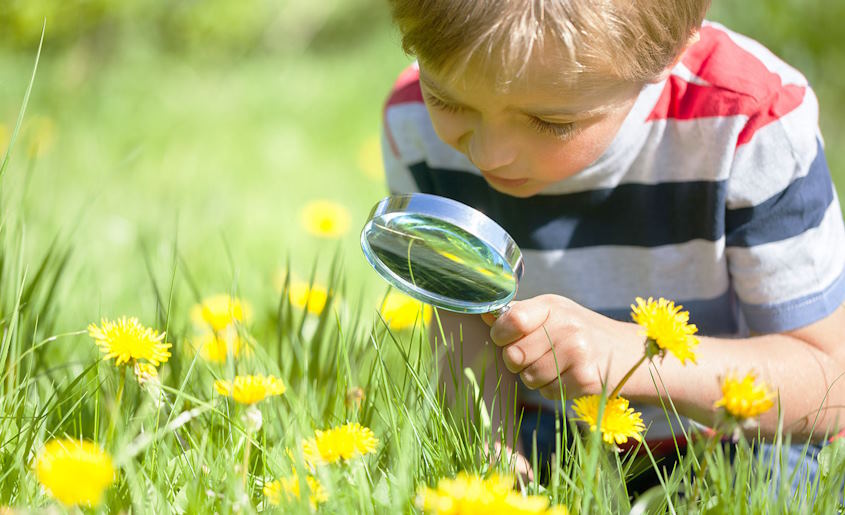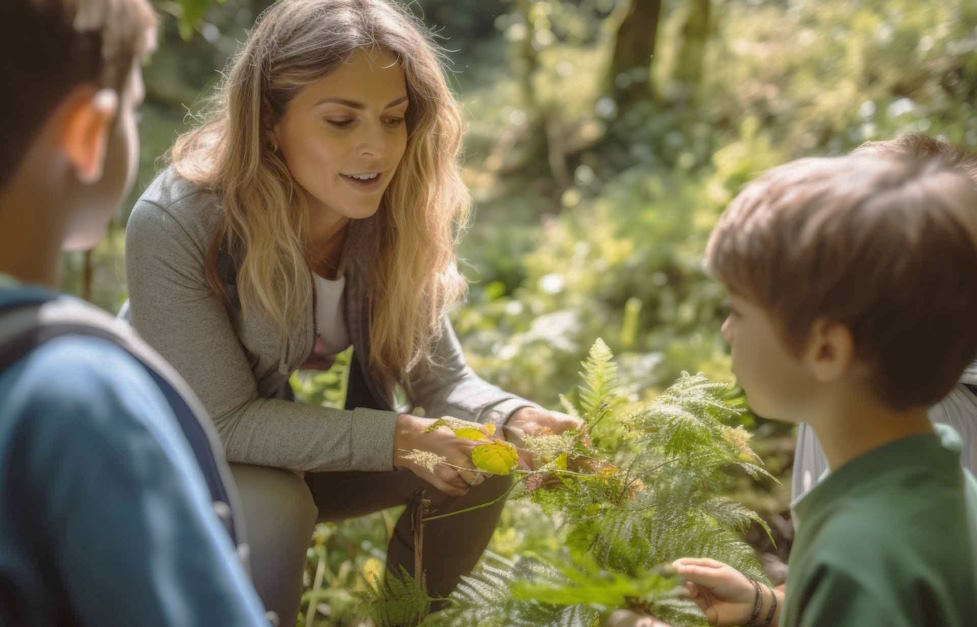
2024-05-29
Outdoor learning is a powerful tool for environmental education, offering immersive experiences that foster environmental stewardship and enhance environmental awareness. Engaging with nature firsthand provides a deeper understanding of ecological systems and the importance of protecting our environment. This article explores the benefits of outdoor learning, how it fosters environmental stewardship, and the advantages of immersive nature-based learning experiences.
Fostering Environmental Stewardship Through Outdoor Learning
Outdoor learning instills a sense of responsibility and care for the environment in students, encouraging them to become proactive stewards of the Earth.
- Hands-On Experience: Direct interaction with natural environments helps students understand the impact of human activities on ecosystems.
- Sense of Ownership: Experiencing nature firsthand fosters a personal connection, making students more likely to engage in conservation efforts.
- Empathy for Nature: Observing and interacting with wildlife and plant life nurtures empathy and a desire to protect natural habitats.
Activities:
- Nature Walks: Guided walks through different ecosystems allow students to observe and learn about local flora and fauna.
- Conservation Projects: Involvement in projects like tree planting or habitat restoration instills a sense of contribution to environmental protection.
- Wildlife Observation: Setting up bird feeders or insect hotels in schoolyards helps students observe and understand local wildlife.
Enhancing Environmental Awareness Through Outdoor Activities
Outdoor activities provide practical knowledge and a real-world context for environmental education, enhancing students’ awareness of ecological issues and sustainability practices.
- Real-World Context: Outdoor activities bridge the gap between theoretical knowledge and real-world environmental issues.
- Engagement and Retention: Interactive and hands-on activities increase student engagement and retention of environmental concepts.
- Critical Thinking: Outdoor learning challenges students to solve real environmental problems, enhancing their critical thinking skills.
Activities:
- Field Trips: Visits to nature reserves, botanical gardens, and national parks expose students to diverse ecosystems and conservation practices.
- Water Testing: Conducting water quality tests in local streams or ponds teaches students about pollution and its effects on aquatic life.
- Recycling Programs: Implementing school-wide recycling initiatives encourages students to practice and promote sustainable habits.
Benefits of Immersive Nature-Based Learning Experiences
Immersive nature-based learning experiences offer numerous benefits beyond environmental education, including improved physical and mental health and enhanced academic performance.
- Physical Health: Outdoor activities promote physical fitness and well-being through active engagement with the environment.
- Mental Health: Nature has been shown to reduce stress anxiety, and improve overall mental health.
- Academic Performance: Studies indicate that students who participate in outdoor learning activities often show improved academic performance and increased motivation.
Benefits:
- Enhanced Creativity: Nature-based learning encourages creativity and innovation by providing a dynamic and stimulating environment.
- Teamwork and Social Skills: Outdoor activities often require teamwork, helping students develop cooperation and communication skills.
- Resilience and Problem-Solving: Facing and overcoming challenges in a natural setting builds resilience and enhances problem-solving abilities.
Outdoor learning is a vital component of environmental education, offering numerous benefits that extend beyond the classroom. By fostering environmental stewardship, enhancing awareness through practical activities, and providing immersive nature-based learning experiences, outdoor education helps students develop a deep connection to the natural world. This connection not only promotes a lifelong commitment to environmental protection but also contributes to their overall well-being and academic success. Embracing outdoor learning as a core element of education can create a more environmentally conscious and responsible generation ready to tackle the ecological challenges of the future.



